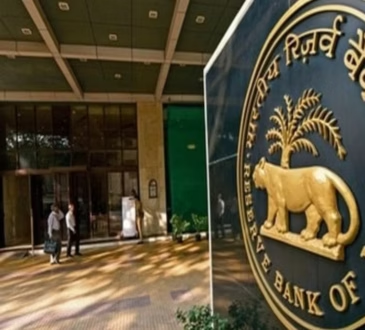NEW YORK: The US dollar fell against major currencies such as the euro, yen and sterling on Wednesday, as traders awaited details of US President Donald Trump’s plans for tariffs, which could upend the global trading system and shake financial markets.
The euro last bought at $1.0825, up 0.3% against the dollar, while sterling edged up 0.1% to $1.2940 ahead of a White House Rose Garden announcement scheduled for 2000 GMT that will likely see the imposition of steep new duties on US imports.
Trump has for weeks trumpeted April 2 as “Liberation Day”, and White House spokeswoman Karoline Leavitt said reciprocal tariffs on countries that impose duties on US goods would take effect immediately after Trump’s announcement.
“The dollar is starting ‘Liberation Day’ off on the back foot, and it’s probable that markets are anticipating yet another last-second walkback of tariffs,” said Helen Given, director of trading, at Monex USA in Washington.
“The White House and Trump’s rhetoric on what tariffs will be levied this afternoon have been a bit at odds with each other, so traders are moving very cautiously ahead of this afternoon.”
Against the yen, the dollar was little changed at 149.53 as investors moved modestly into the safe-haven Japanese currency .
The Australian dollar was up 0.3% at US$0.6296, potentially boosted by investors seeking out currencies that are less exposed to tariffs.
Details about the size and scope of the trade barriers set to come into force remain unknown, but the Washington Post reported that Trump’s aides were considering a plan that would raise duties on products by about 20% from nearly every country, rather than targeting certain countries or products.
“A wide blanket tariff globally capturing all the major trading partners with a 20%-25% tariff would be seen as most aggressive and likely elicit the biggest risk-off reaction,” said Derek Halpenny, head of research at MUFG.
“But there has been speculation that discussions on trade deals could exclude certain countries … and the more examples of that, the better the markets can take the announcements,” he said, citing Britain as one country that may get a carve-out.
Worries about the impact of an escalating global trade war on the world’s largest economy and a slew of weaker-than-expected US data have stoked recession fears and in turn undermined the dollar this year.




